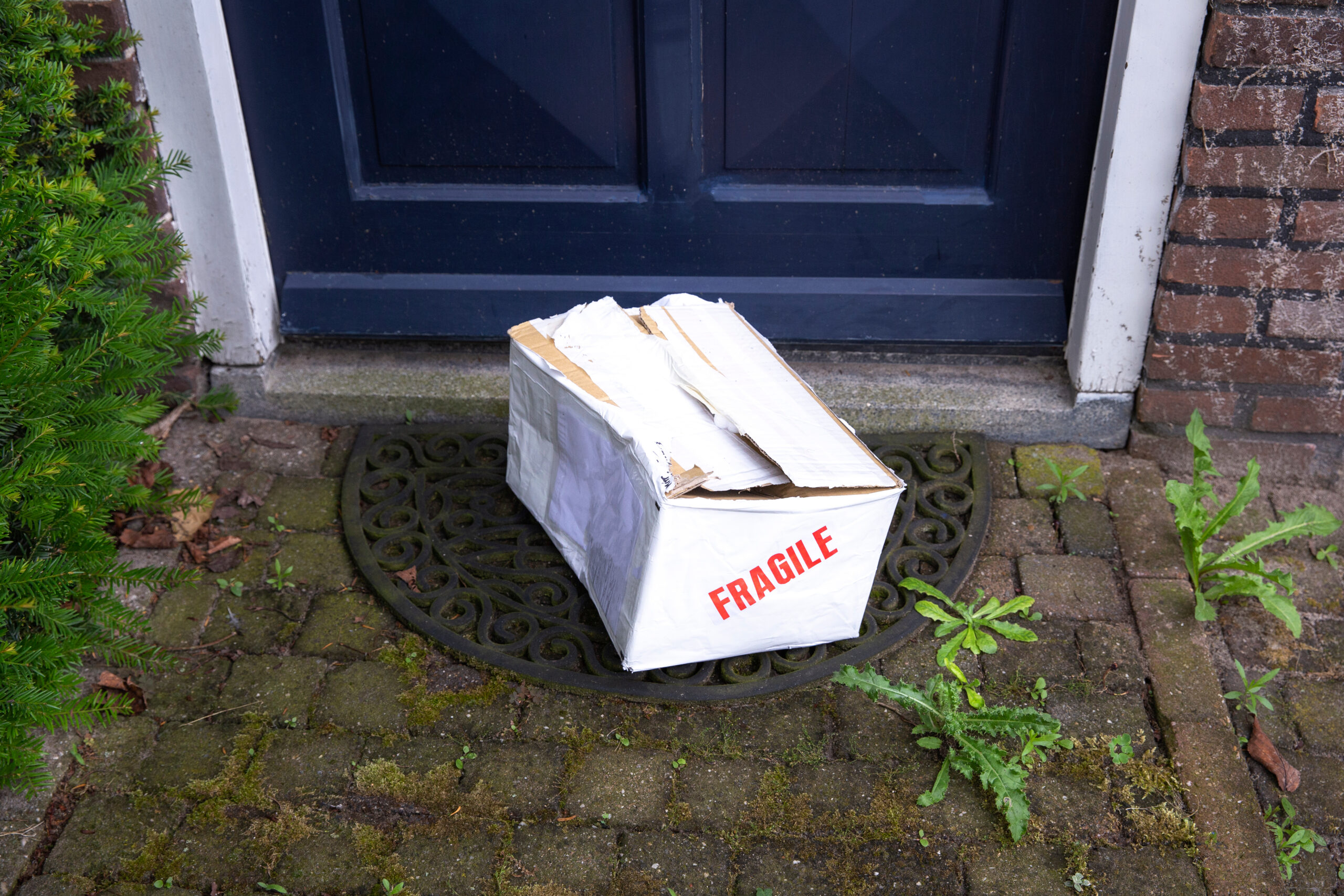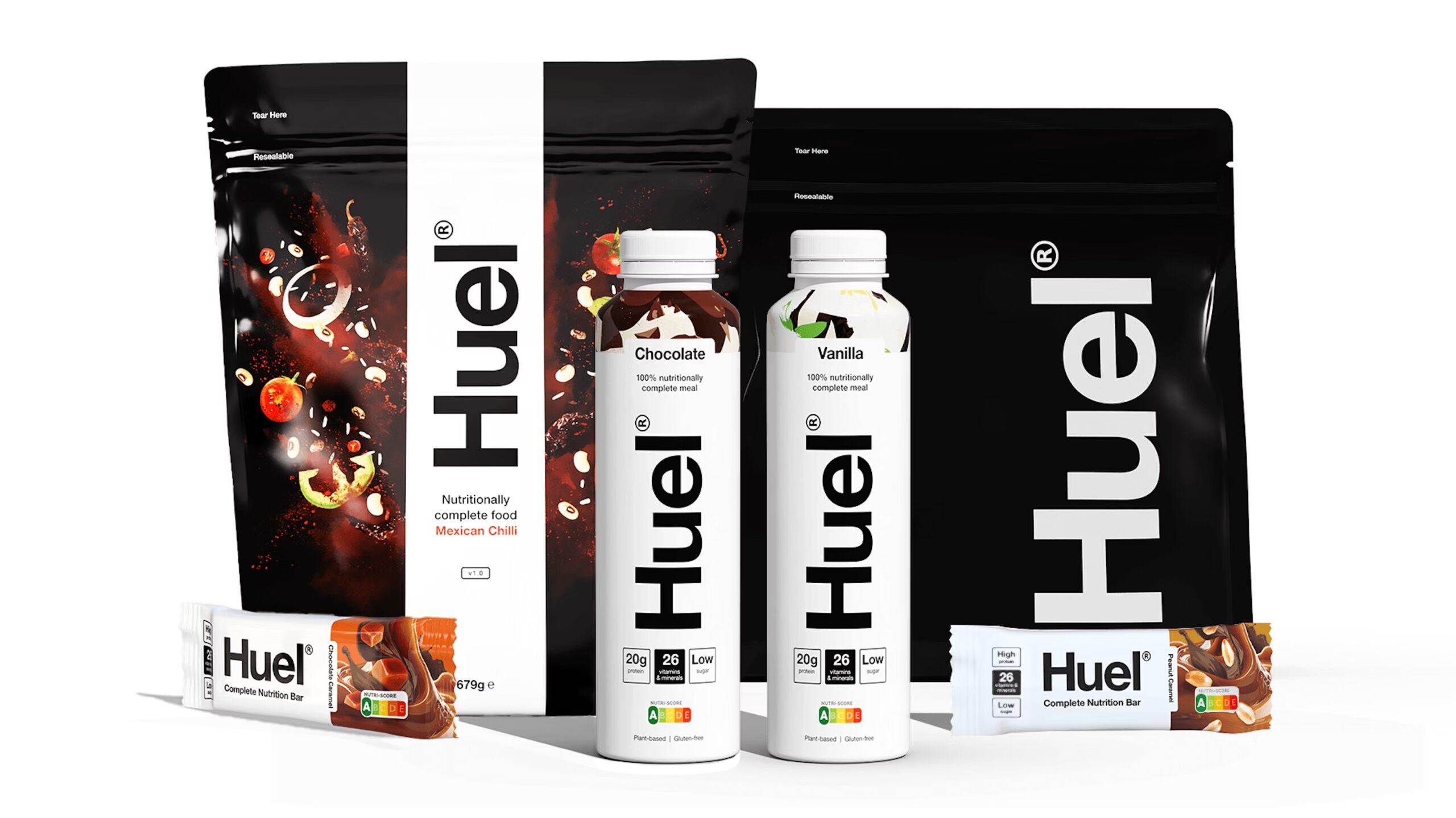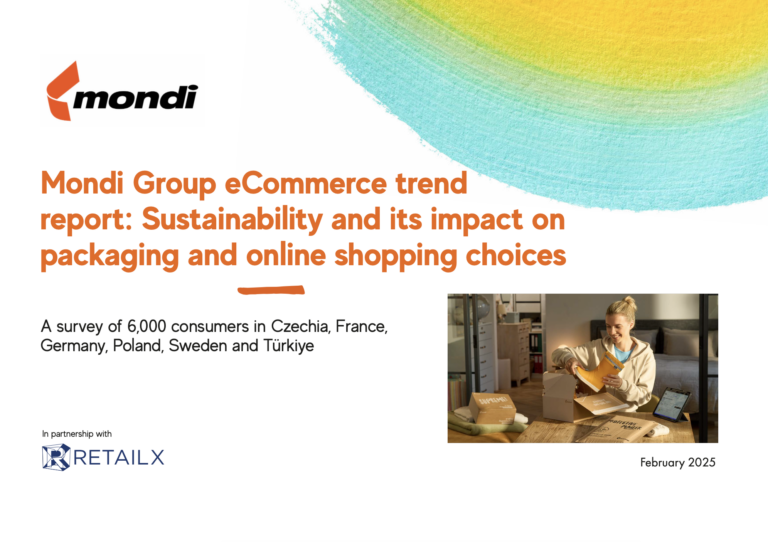We’re reporting on the effect of the Covid-19 coronavirus on the way UK shoppers buy – and on how retailers are responding to that changing behaviour. This update comes as 1,950 positive cases have been confirmed by Public Health England as of 9am on March 17 and 60 people have died. The World Health Organisation last week classified coronavirus as a pandemic. This rolling news story contains updates on…the UK government’s financial aid – which gets a warm welcome – how grocers are responding on and offline, how H&M is closing stores in Europe, but seeing sales bounce back in stores that are reopening in China and we round up the analysis on how ecommerce has done so far…
MORE FINANCIAL SUPPORT FOR RETAILERS WELCOMED
The UK government’s pledge of £330bn in support for business hardship as Coronavirus bites has been welcomed.
Putting the country’s economy on a ‘war footing’, chancellor Rishi Sunak, pledged cash grants worth £25,000 would be made to retail, leisure and hospitality firms to help them survive the period of turbulence. The smallest businesses in the country across all sectors of will be able to seek grants worth £10,000.
The loans, made on “attractive” but unspecified terms, would allow firms to carry out fundamental day-to-day tasks such as paying wages and rent bills and buying stock. The money, available from the start of next week, will be offered via the Bank of England for bigger firms, while smaller enterprises can seek business interruption loans of up to £5m each.
Business rates – taxes paid on commercial properties – will be scrapped this year for all companies in the retail, leisure and hospitality sectors. “Every single shop, pub, theatre, music venue, restaurant … will pay no business rates for 12 months,” Sunak said.
He said he would set out further steps in the coming days and that he was holding talks with unions and business groups to develop a form of employment support to help protect jobs and incomes.
The British Retail Consortium (BRC) welcomed the move. “The Chancellor has acted swiftly to back retail businesses dealing with the unprecedented challenges created by coronavirus,” says Helen Dickinson, BRC Chief Executive. “He is to be congratulated for listening carefully to the concerns of retailers and has delivered a big, bold package of measures that will be a huge cashflow boost and will improve confidence for those affected.”
Dickinson adds: “Business rates are a huge burden for retailers at the best of times. The business rates holiday, together with the announcement of a loan package, represent a vital shot in the arm for a sector facing enormous uncertainty. We still need to see the details and make sure that retailers can access cash with the minimum of delay, but it is a welcome and necessary first step to protect jobs. The Chancellor has said he will do whatever is necessary to support business and he has shown that he can respond to the changing need of retailers. While these are the right decisions today, the Government may have to take further steps as the full effects of the situation unfold.”
SUPERMARKETS REASSURE AND RATION
With the run on toilet roll still in full swing, UK supermarkets have issues reassurances to customers that supplies of food and other consumables will continue – but are also in effect also introducing rationing to try and smooth out panic buying.
Sainsbury’s has shut it cafes and fresh food counters and is enforcing a three items only rule across its stores from today. A cap of two is going to be imposed on the most popular items, such as toilet roll, soap and UHT milk.
Sainsbury’s chief executive Mike Coupe said: “We have enough food coming into the system, but are limiting sales so that it stays on shelves for longer and can be bought by a larger numbers of customers.”
Waitrose has also emailed customer to reassure them of supply and to limit purchases on some items and asked customers to be considerate of the needs of others.
Both sets of rationing comes after Aldi introduced a four items limit over the weekend.
Tesco, meanwhile, has suspended all night opening of its stores, seeing them now shut between 10pm and 6am to allow time for restocking.
This morning – 19 March 2020 – queues at many Sainsbury’s stores open for over-70s to shop stretched long and deep, with many shoppers simply giving up. Meanwhile, Ocado has been forced to suspend online shopping to rejig its online processes and catch up with demand.
In a statement it said: ” Like all supermarkets, we are working round the clock to keep up with high demand and make sure all of our customers get what they need at this time – especially those more vulnerable and in isolation. As a result, we have made a decision to temporarily suspend access to Ocado.com for a few days in order to make some changes to our service. This will allow us to better serve our customers, particularly the vulnerable and elderly. We are fully booked and at full capacity, and will be delivering to over 170,000 households in the next four days. If you have a delivery booked for Thursday or Friday, cut-off times for editing these orders have already passed, but your driver will still arrive as expected. We will soon contact customers with orders for delivery from Saturday onwards with details of how to edit their orders, and all customers will be able to access the website again from Saturday.”
The supermarkets continue to urge shoppers to stop panic buying as there is no lack of supply. Ocado stated that it expects panic buying to slow in the coming weeks and urged shoppers to stay calm.
ONLINE GROCERY CHANGES INTRODUCED
Online grocery sales have seen a 13% rise globally, according to figures from fraud protection company Forter – with a 19% increase in instructions to leave the delivery outside the door.
In the UK, all the main supermarkets have responded to this increased demand with changes to their online shopping services.
Waitrose has moved the cut off time for orders back to noon the day before to free up staff under high demand and rationing some items.
Tesco, meanwhile, is shutting 24-hour stores at 10pm to allow more time for picking for online deliveries, while Sainsbury’s is ‘beefing up’ its “click and collect” offering and giving over 70s and the disabled priority access when new slots become available. This follows its move to allow these two groups to shop alone for the first hour of trading on Thursday.
Grocers are also shifting staffing patterns and recruiting to cope with demand, especially for online. Morrisons is in the process of hiring an additional 3500 staff as delivery drivers, pickers and other jobs around its online delivery business – investing some of the 6% up-tick in profits the retailer has seen off the back of panic buying.
Waitrose, meanwhile, is drafting in an additional 1200 John Lewis staff to again help with shelf filling and checkout, as well as online delivery picking during the coronavirus pandemic.
NEXT VOWS TO STAY OPEN, OXFAM SHUTS STORES, BURBERRY IN TROUBLE
Next, which is stress testing for a potential £1bn fall in sales in the coming months, is vowing to trade on and is planning to keep its stores open.
Next boss Lord Wolfson told the PA news agency the group would keep its 498 stores open, unless the Government advises widespread shop closures. He said: “As long as the Government feels it is appropriate to keep shops open, we should keep the service available to customers.”
In the event of a prolonged closure period and no government assistance, Next cautioned it may be forced to take “radical” action on wages to help cut costs – including redundancies and forcing staff to take time off.
Charity chain, Oxfam has annouced that it is closing its 600 UK shops, which employ 20,000 volunteers, at the end of trading on Saturday.
Oxfam’s Deputy Trading Director, Anne Webb said: “It is with a heavy heart that we have decided to shut our shops until the danger of the coronavirus has eased. But it’s absolutely the right thing to do as the safety of our staff, volunteers and shoppers comes first. Some of our volunteers are elderly, and especially vulnerable to the infection, and we are acutely conscious of our responsibilities towards them.”
Burberry meanwhile has warned that sales in the final weeks of March would plunge by around 70% to 80% compared to last year, as coronavirus caused shops to shut and demand for luxury goods to dry up. It is also closing more than 60% of stores in Europe, the Middle East, India and Africa, and 85% of those in the Americas – but it is starting to re-open in China.
IMPACT SO FAR ON ONLINE – HOW HAS THE TECH HELD UP?
A number of tech providers and analysts have understandably started analysing how shopping habits are changing because of Covid-19 and have found, unsurprisingly, that it has been a catalyst for online and mobile commerce.
According to ContentSquare in a review of over 1,400 websites, shoppers are spending 26% more time on grocery websites and are spending 20% more on grocery products online than they did at the end of February. Groceries aren’t the only retail vertical being affected by the virus. Understandably, travel and tourism websites have seen a drop (-20%) in traffic and sales, as well as the sale of sports goods (-28%).
Meanwhile, home furnishings and lingerie have seen a spike in sales. App company Poq has seen revenue for health and nutrition shopping apps grow by 22% since February.
British online supermarket Ocado, has struggled to keep up with the increased online demand as its website and app experienced difficulties on the 12th March and it has advised customers to place orders further in advance because more people than normal seem to be placing large orders.
Almost half (49%) of consumers are making more purchases online in order to avoid visiting physical store locations according to research from the law firm, Squire Patton Boggs. Logistics specialists, ParcelHero claim that overall ecommerce sales are likely to double from 20% of all sales to 40% as consumers choose to buy more products online.
And, as more shoppers buy online for the first time, McKinsey & Company claims that; “Customers’ changing preferences are not likely to go back to pre-outbreak norms.” McKinsey & Company.
It predicts that many shoppers who buy online for the first time because of the coronavirus outbreak will better be able to appreciate and understand the broader advantages of shopping online and will be more likely to maintain this behaviour beyond the pandemic peak.
FASHION FIGHTS ON
Away from grocery, fashion has also seen an boost to online sales, with analysis by fraud protection company Forter suggesting there has been a 7% increase in physical goods over the last week – driven primarily by Apparel and Accessories purchases.
Fashion retailers have also been quick to reassure shoppers of their cleanliness and that they are still open for business – for now.
Jigsaw has implemented a deep-clean policy in all stores each day and are remaining open until told otherwise. The company has also added free shipping to all online orders to try and keep the goods flowing.
H&M is closing stores in all its stores in Germany (460) from 18 March, based on decisions by the German authorities. In addition, the group is also closing all its stores for two weeks in the US (590), Canada (96), Portugal and Belgium. This is in addition to closure of all its stores in Switzerland, Greece, Slovakia, Lithuania, Peru, Ukraine, the Philippines, Malaysia and Cyprus on Monday.
The H&M group’s customers can still shop via the company’s digital sales channels.
However, there is some good H&M news: in China, 500 stores out of 516 have now re-opened and the company reports that sales have gradually started to recover as the situation in the country has improved. Apple, meanwhile, has now reopened all its stores across China.
THE VIEW FROM THE US
US consumer insights platform Disqo has assessed how US shopping habits have changed between now and the start of the Corona outbreak. It has found that shopping for cleaning supplies was the most common items bought, with 33% of total respondents and 87% of those who made any type Covid-19 related purchase reporting they stocked up in this category. In fact, shopping for cleaning supplies rose 32% week over week, with 41% of people reporting they had stocked up in this category on the second edition of the survey.
This category remains the most popular among those shopping in response to Covid-19, with 90% of the people who have reported making a Covid-19 related purchase (now up to 46% of individuals) buying within this category.
There has also been a growing move towards online grocery searches, with some individuals stocking up on ahead of the curve, says Disqo. According to analysis of common grocery search terms, there has been a significant lift in the number of people searching for groceries thus far in March – and it seems evenly spread across non-perishable staples (rice, pasta, water, etc) and fresh (french fries, ground beef, frozen pizza, etc), which says the company may be an indicator that more people plan to cook for themselves at home.
Commenting on the results, Carl Van Ostrand, VP of Consumer Insights at DISQO, says: “As consumers adjust to the atmosphere surrounding COVID-19 and embrace ’social distancing,’ we expect to see a short-term upshift in online grocery shopping activity. We know that nearly 50% of consumers are making purchases in direct reaction to the virus, and many grocery categories are already seeing substantial online shopping lift. Perhaps though, the more important question is ’what are the long-term effects of this sudden behavioral change?’ Could these categories, and the online grocery category as-a-whole, see sustained lift as a result?”
WHATSAPP FIGHTS FAKE INFORMATION
Finally, WhatsApp has launched two initiatives in support of the global fight against the Coronavirus pandemic: the global launch of the WhatsApp Coronavirus Information Hub in partnership with the World Health Organization, UNICEF, and UNDP, and a $1m donation to the Poynter Institute’s International Fact-Checking Network (IFCN).
The WhatsApp Coronavirus Information Hub at whatsapp.com/coronavirus will provide simple, actionable guidance for health workers, educators, community leaders, non-profits, local governments and local businesses that rely on WhatsApp to communicate. The site also offers general tips and resources for users around the world to reduce the spread of rumours and connect with accurate health information.
The company’s $1m grant to the IFCN will support fact-checking for the #CoronaVirusFacts Alliance, which spans more than 100 local organizations in at least 45 countries. Over the last year, WhatsApp has worked to bring over a dozen fact-checking organisations directly onto WhatsApp so they can crowdsource and report on rumours that may be circulating on various messaging services including WhatsApp or SMS.








